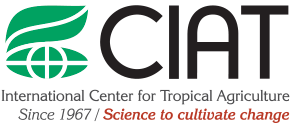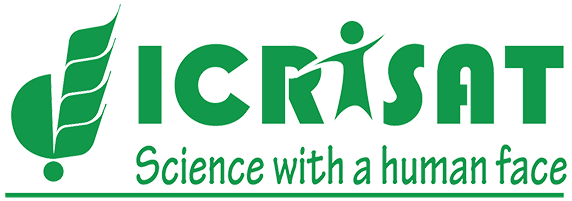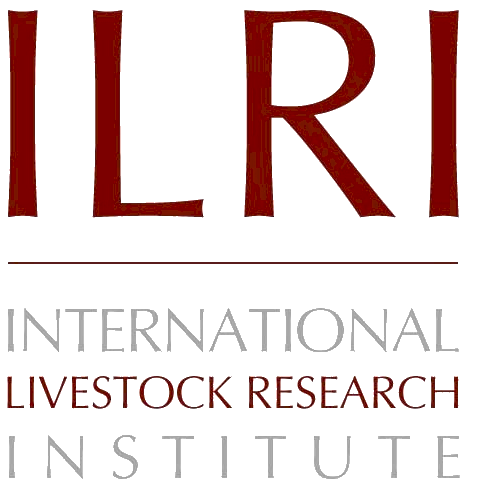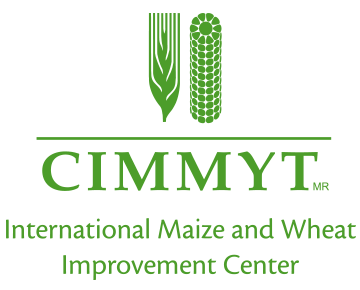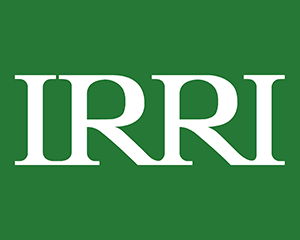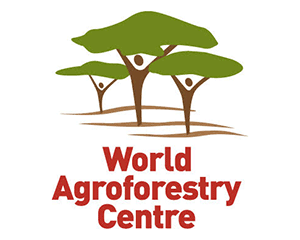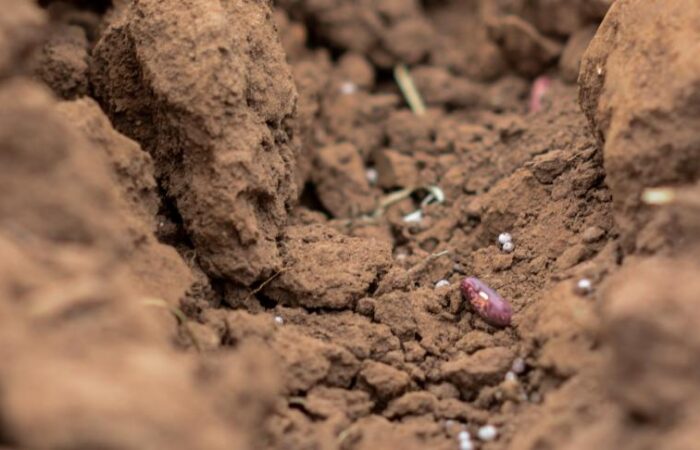
Innovative ways to improve soil carbon accounting can support investment-oriented actions promoting soil carbon storage and help smallholders participate in carbon markets.
Today is the 6th annual international World Soil Day, which aims to direct attention to the importance of healthy soils and advocate for sustainable soil management. Soil is where most food begins, but every year more soil is lost under expanding cities or degraded until it is unsuitable to grow food. The shrinking area and health of soil are one of the biggest threats to future global food security.
In addition to being the foundation of the terrestrial food chain, soils combat and help adapt to climate change by playing a significant role in the carbon cycle—by storing carbon or carbon sequestration. Sustainably managed soils increase soil health and, thus, store more carbon and remove more greenhouse gas (GHG) emissions from the atmosphere than conventional agriculture and forestry practices. Healthy soils have the largest storage capacity for carbon on land. Sustainable soil management could produce up to 58% more food.
Read the full blog post here.
Written by Sadie Shelton (CCAFS)
Photo: G. Smith (CIAT)


